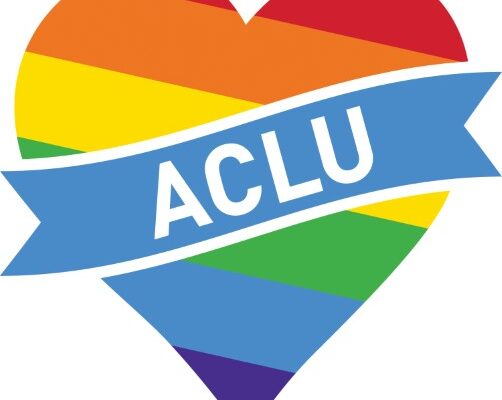By Judge Stephen Fortunato (ret.)
Today, CEO’s of major corporations, entertainers, congresspersons and others visible in our political and social institutions are openly gay and may marry the person of their choice, but in June of 1976, when the RI ACLU undertook to represent gays and lesbians who wanted to have a Pride Parade, political and cultural conditions were radically different. In fact, affectionate and intimate contact between persons of the same sex was criminal.
In 1976 Rhode Island was awash in activities commemorating the nation’s bicentennial, and a number of gay Rhode Islanders wished to be included in these activities and to have a Gay Pride parade as part of the festivities. If the Italians, the Irish, the Portuguese, and other ethnic, cultural, or religious groups could be recognized for their contributions to the commonwealth over the years, why could not the gay community and its prominent members be treated similarly, reasoned Rev. Joe Gilbert of the Metropolitan Community Church. Unfortunately — but not surprisingly — Col. Walter McQueeney, Chief of the Providence Police Department and his boss, Mayor Vincent “Buddy” Cianci, did not share the goals of Rev. Gilbert and other activists, and in fact vigorously opposed any such parade taking place in Providence; at the same time the RI Bicentennial Commission turned town requests for gays to be included in its activities with formal and official recognition.
When I spoke to Col. McQueeney by phone to get clarification about his reasons for banning the parade (which he had vowed would take place “over my dead body”), he said in so many words that gay people, by definition, engaged in criminal activity and that the parade would therefore be a forum for the advocacy of criminal behavior. He may as well have branded the parade as an exercise in sedition. McQueeney was backed in this by Buddy Cianci, who at the time served not only as mayor but as Public Safety Commissioner.
It is important to note that this was all unfolding three decades before the United States Supreme Court struck down sodomy statutes in Lawrence v. Texas*, and Rhode Island had the nation’s most draconian punishment for such conduct; quaintly called “the abominable and detestable crime against nature,” the Rhode Island law provided for a sentence upon conviction of seven to twenty years in prison, a harsher sentence than assault with a deadly weapon at the time or calling in a bomb scare to a school. The law was rarely enforced because it was difficult to apprehend transgressors, but it was used from time to time against people of every sexual orientation, including consenting married heterosexuals.
This recalcitrance by Providence officials to grant a permit emboldened those who wished to march, and at their request, the ACLU went to federal court to obtain injunctive relief prohibiting the withholding of a parade permit. There was reason for optimism, as the settled jurisprudence at the time was that no official could withhold a parade permit because of opposition to or concerns about the theme or messages of the people seeking to march. The great civil libertarian jurist, Raymond J. Pettine, quickly granted the relief we sought, and the first Rhode Island Gay Pride Parade took place with much fanfare and no difficulties.
The ACLU and the judge were visible participants in all this, including the successful opening of the doors of the Bicentennial Commission to the gay community; but the true heroes were those, who at a time of great official opposition and public hostility, sometimes turning into violence (sadly, to this very day), stepped forward and insisted with courage and dignity that their rights, and indeed, their very existence, be recognized.
*The Rhode Island legislature repealed the sodomy statute long before Lawrence v. Texas, but our Supreme Court never had the constitutional sense or fortitude to overturn it when it was challenged in the courts.

